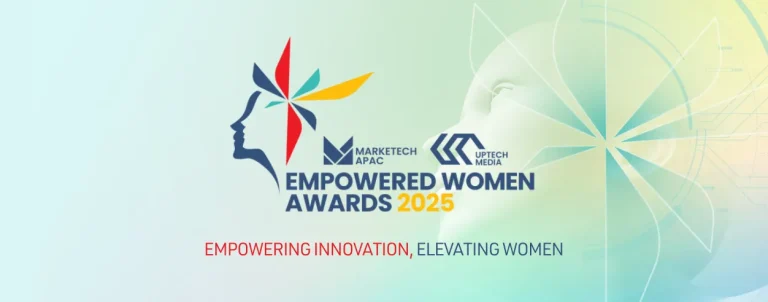Australia – New research from Qualtrics revealed that workers in Australia and globally are showing low levels of trust in their leader’s ability to successfully implement artificial intelligence.
In the study, only 45% of managers and individual contributors in Australia have confidence in their leaders’ ability to implement AI effectively, 15 percentage points behind the trust levels of senior leaders.
Around 46% of employees at the manager level or below also feel their bosses will prioritise their well-being over profits when making decisions about new technologies. This was found to be 15% lower than that of senior leaders.
Furthermore, about 34% of employees at manager-level or below believe that new technology is being deployed in the workplace with well-defined ethics and principles, while 53% of senior leaders think the same.
Interestingly, there is a noticeable gap between leaders and their teams when it comes to perceptions of AI’s impact on their jobs, with a 27-point difference in positive sentiment toward AI between senior leaders (56%) and employees at the manager level or below (29%).
Dr. Cecelia Herbert, workplace behavioural scientist at Qualtrics, said, “The relationship between employees and their bosses is already tense, and ongoing changes in the workplace are intensifying this friction.”
“AI is a prominent source of disruption right now, and we are all depending on organisations to navigate this new landscape with the highest level of integrity. As leaders explore the potential of AI, it cannot be overstated how critical it is for leaders to build trust with employees. This requires demonstrating care for people, as well as seeking out and valuing diverse perspectives, so they can make informed, transparent decisions,” added Dr. Herbert.
In addition, the study highlighted leaders who expect a surge in productivity after introducing AI may need to reset their expectations. More specifically, 29% of employees say they would use the time saved by AI to increase their output. Instead, most plan to focus on improving efficiency (43%) or engaging in new tasks (39%).
Approximately 38% of employees further believe that AI will improve the quality of their work, underscoring the need for better alignment and communication about the potential benefits of AI in the workplace.
She then continued, “The productivity promise of AI lies in increasing the quality and efficiency of work rather than merely delivering more of it. However, on the surface, there appears to be another point of misalignment on the value of AI—while executives are bullish about productivity and efficiency boosts, employees don’t necessarily see it that way.”
Meanwhile, employees who have a positive employee experience are more inclined to trust their bosses with AI implementation, feel enthusiastic about it, and use it frequently. These findings sharply contrast with those of employees who have a negative experience.
“These insights are encouraging for organisations, as they demonstrate that employees are focused on improving the services, products, and experiences they deliver, she concluded.”
The research also offered insights on how to ensure successful employee adoption of AI, highlighting the importance of aligning AI’s purpose and goals, providing employee support, identifying AI champions within the organisation, selecting the right tools, and fostering collaboration between HR and IT departments.











